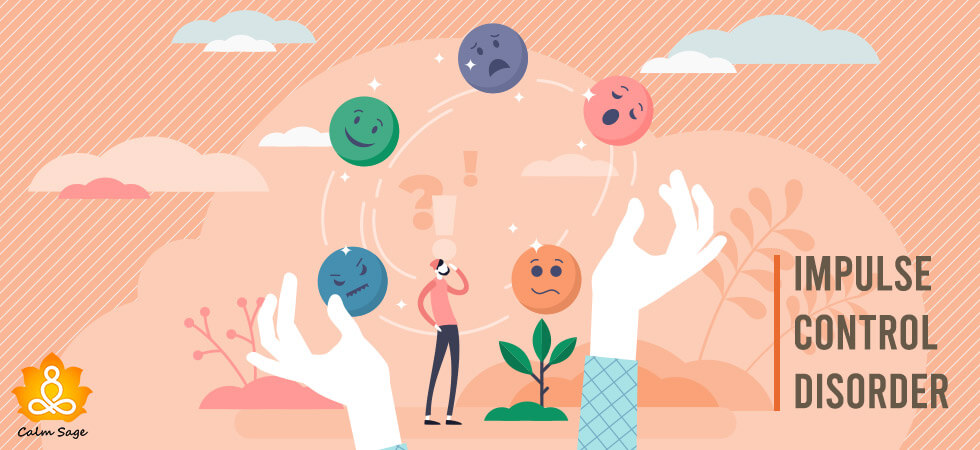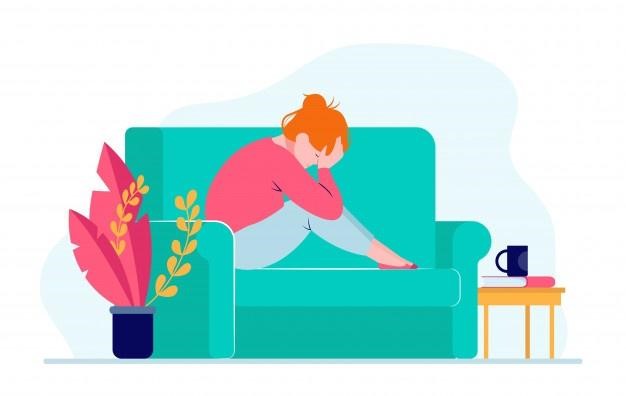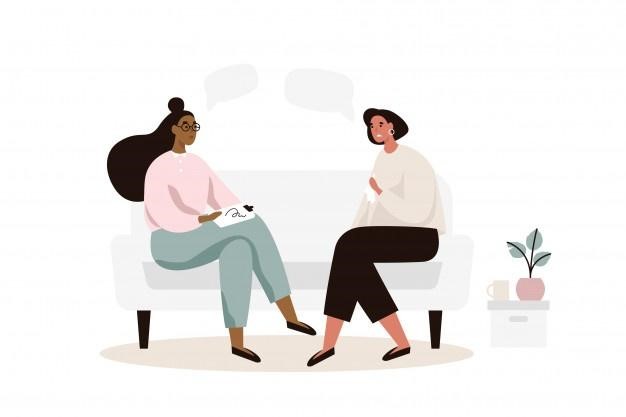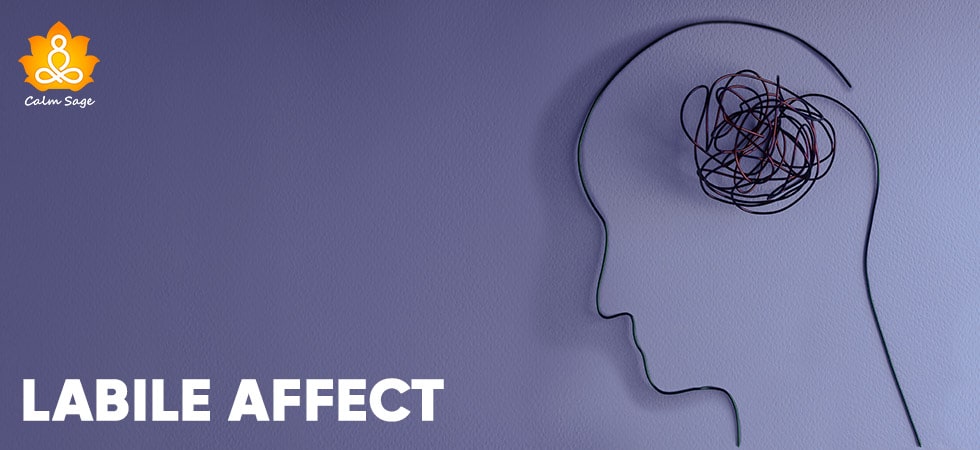Mini-Guide: Impulse Control Disorder

Impulse control disorder is related to the word “impulsivity” wherein a person is not able to resist the forceful or sudden urge to take any action that might violate conflicts with other people. Impulsive behaviors that occur constantly, instantly without a second thought of the consequences are the common symptoms of impulse control disorder. Two common examples of impulse control disorder are intentionally starting fires (pyromania) and the urge to steal (kleptomania).
Impulsive reactions are the result of impulse control disorder. It basically happens because the person is not able to resist his\her actions. However, impulsive behaviors are temporary, it’s just they are constant and come with the feeling of shame or guilt. Such actions and thoughts lead to negative consequences like emotional distress or depression (rare cases).
This is an informative blog for impulse control disorder which consists of the introduction of impulse control disorder, common symptoms, risk factors, treatments, and therapy for impulse control disorder.
Symptoms of Impulse Control Disorder

There are some red flags that can show that you or your loved one might be experiencing impulse control disorder. However, for a better diagnosis and approach to treatment, I would recommend booking an appointment with the mental health provider. Below-mentioned is some of the common signs and symptoms of impulse control disorder:
1. Cognitive symptoms:
Irritation, agitation, obsessive behavior, growing rage, and less focus on work or school
2. Behavioral symptoms:
Lying, stealing, constantly fighting, promiscuous or risky behavior, volatile behavior, and aggressiveness
3. Emotional and social symptoms:
Isolation or social withdrawal, reduced self-esteem, detachment, anxiety, feeling of regret, guilt or shame, and mood swings or negative thoughts
Risk factors related to Impulse Control Disorder
External and internal stressors are referred to as triggers for impulsivity. Risk factors related to impulse control disorder are:
- Genetic predisposition
- Drug or substance use
- Trauma, neglect, or abuse
- Exposure to aggression or violation
- Being male (male experience more impulsivity issues than females)
Additionally, some of the chemical imbalances also result in impulse control disorders like obsessive-compulsive personality disorder (OCPD), anxiety, and other mental health issues.
Treatment Options For Impulse Control Disorder

Treatment options for impulse control disorder are based on the severity of the issue. Therefore, I have covered the basic and common treatment options for impulse control disorder in this blog. Some of the therapists might choose group therapy or in-person therapy for the treatment. Meanwhile, some therapist uses meditation or art therapy to control impulsive behavior.
Also, a 12-step meeting with the therapist is known as the common and effective treatment option for impulse control disorder.
Your therapist also might indulge you in other cognitive activities for the treatment. So, while researching I found it totally depends on the severity and the choices made by the therapist. Below-mentioned are the three most commonly used therapy options for the treatment of impulse control disorder:
- Cognitive-behavioral therapy (CBT)
- Contingency management
- Dialectical behavioral therapy
Therapy For Impulse Control Disorder
If you’re looking for a therapist or proper diagnosis of impulse control disorder, Calm Sage strongly recommends looking for someone who is registered, certified, and experienced for mental health issues. Also, if you think you or your loved one is experiencing such symptoms, please do not conclude anything on your own and book an appointment with a mental health provider.
If you’re looking for online services, you can consider Betterhelp. Betterhelp has +1000 mental health providers who are experienced and certified in their fields. To avail the surprising offers, click.
Please Note: We have provided this material as information. It is not intended as a substitute for medical expertise or advice. We strongly encourage you to discuss any decisions about treatment with a certified mental health provider.
I hope this blog helps you to understand impulse control disorder in brief. Comment down and let us know if you have any questions related to the disorder. For more such informative content, follow Calm Sage on all social media platforms.
Thanks for reading.





















Impulse Control is very important to achieve success; also it helps build a healthy relationship thanks for sharing this information.